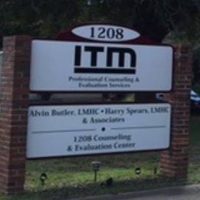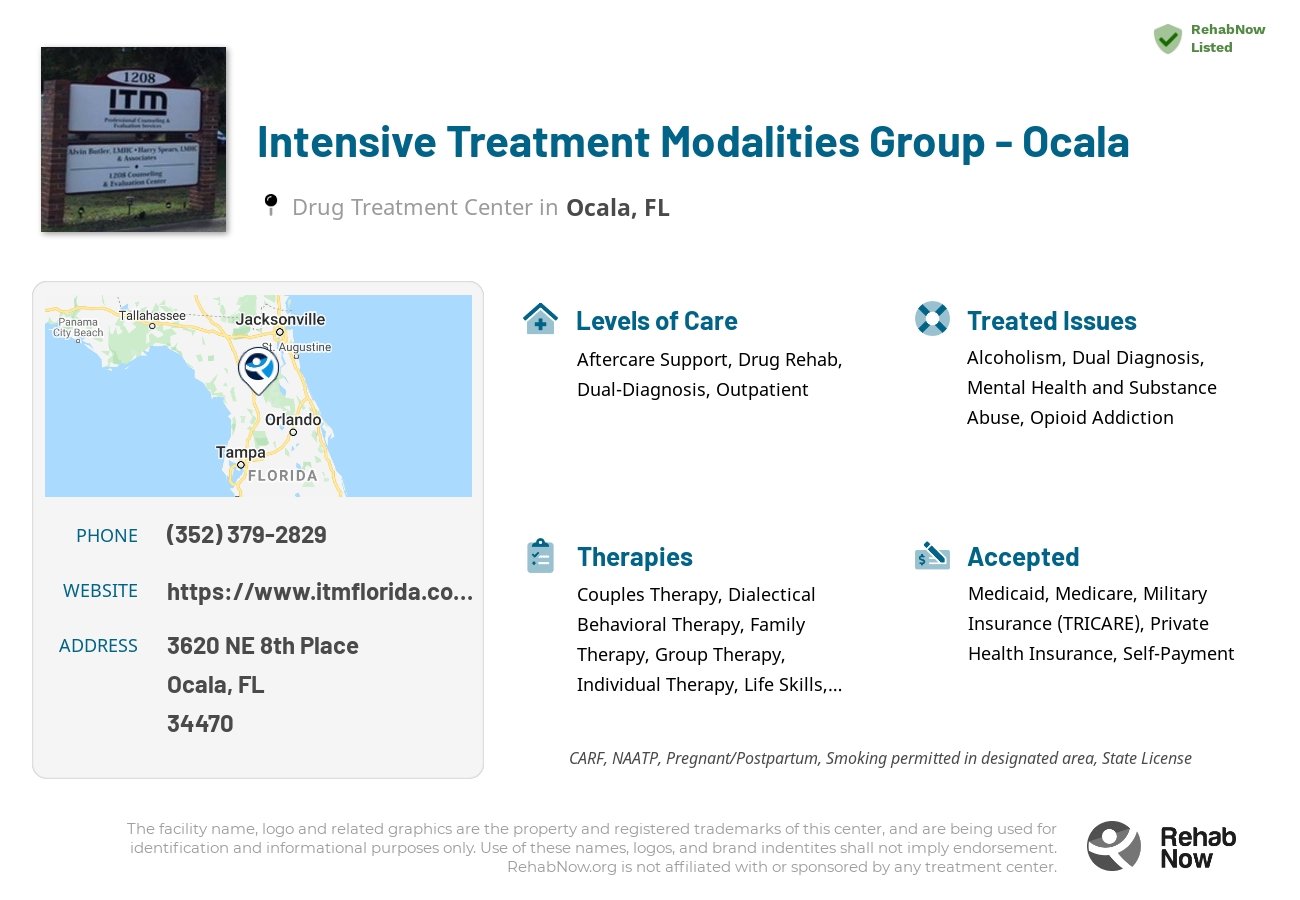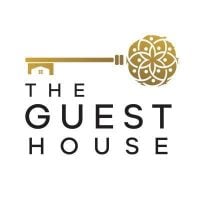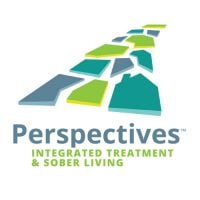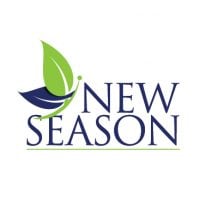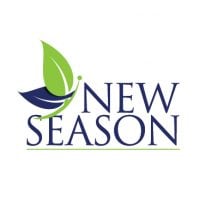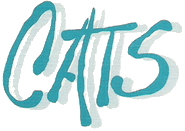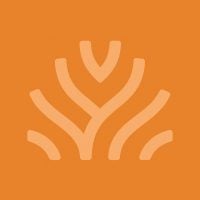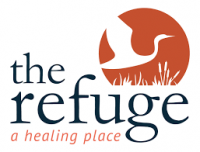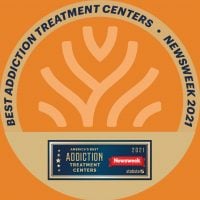Intensive Treatment Modalities Group - Ocala
Drug Rehab Center in Ocala, Florida
Intensive Treatment Modalities Group - Ocala offers evidence-based addiction treatment including aftercare support, drug rehab, dual-diagnosis and outpatient care with various therapy methods and accepts private health insurance.
About This Florida Facility
Intensive Treatment Modalities Group – Ocala is an addiction treatment center that provides individuals with the tools they need to overcome substance abuse and substance use disorders. Serving the Ocala, Florida area, the center offers a range of treatment options and support to help individuals overcome addiction. By offering a multi-level approach that includes aftercare, drug rehab, dual-diagnosis, and outpatient services, Intensive Treatment Modalities Group – Ocala can help individuals struggling with alcohol abuse, opioid addiction, and dual diagnosis.
The center utilizes a wide variety of treatment methods including individual and group therapy, couples therapy, Dialectical Behavioral Therapy (DBT), Cognitive Behavioral Therapy (CBT), life skills, and motivational interviewing. In addition to providing intensive treatment, the center also offers an aftercare program to support individuals in their recovery process. The center is aregistered private health insurance provider and is affiliated with Intensive Treatment Modalities Group. Intensive Treatment Modalities Group – Ocala offers personalized, evidence-based treatment plans that are tailored to individual needs, providing individuals with a safe and supportive place to overcome their addiction.
Genders
Ages
Modality
Additional
Conditions and Issues Treated
Opioid addiction is the result of repeated use, or abuse, of opioid drugs. It is recommended for people who are dependent on opioids, or who have a high risk for dangerous health concerns, to seek professional treatment. Treatment plans usually include behavioral therapy and medication-assisted treatment.
Opioid drugs include: fentanyl, heroin, methadone, oxycodone, and oxymorphone.
Opioid addiction treatment is beneficial for:
- People who have a history of severe withdrawal.
- People with a high risk for dangerous health concerns.
- People having difficulty overcoming opioid addiction on their own.
There are different kinds of Dual Diagnosis:. A person who simultaneously experiences both a mental illness and an addiction disorder. Or, a person who experiences one or more coexisting (simultaneous) mental health conditions in addition to a primary substance use disorder.
The treatment requires a multi-disciplinary approach, it’s crucial for individuals to partner up with a healthcare provider who understands all the recovery components.
Levels of Care Offered at Intensive Treatment Modalities Group - Ocala
This center offers a variety of custom treatment tailored to individual recovery. Currently available are Aftercare Support, Drug Rehab, Dual-Diagnosis, Outpatient, with additional therapies available as listed below.
The outpatient programs in Ocala, FL are for those addicted drugs or alcohol. The goal of the outpatient rehabilitation program is to make them stop abusing drugs or alcohol, reduce drug use or addictive behaviors, and become entirely sober. It is generally required to attend the outpatient program for 10-12 hours every week.
Patients can be administered on-the-spot medication to ease withdrawal symptoms such as anxiety, increased heart rate, and even depression. Groups such as Alcoholics Anonymous (AA) and Narcotics Anonymous (NA) can be used as a part of outpatient treatment to help maintain sobriety.
Aftercare support is a service many addicts need to ensure their success at recovery. This service usually includes one-on-one or group therapies, assistance from a sponsor and other types of help designed to make sure the patient continues living a life free from drugs.
Patients also may require medication to help them battle addiction. Some people have been able to successfully recover without additional medications, but others have found that they need help during their transition. Long-term, the patient must take the initiative to attend meetings and receive help from other addicts in recovery.
Therapies & Programs
People in addiction recovery can benefit from individual therapy. This type of therapy involves meeting with a therapist one-on-one. This allows for a personal and trusting relationship to be built so that the patient can be truly themselves and express any emotions they feel. Individual therapy leads to greater understanding and peace about your triggers for addiction and coping strategies to prevent relapse.
Couples therapy for drug addiction is based on the belief that addiction is a family disease. Everyone involved with an addict, not just the addict themselves, is affected by their behavior and the changes the addict goes through. The relationship also changes the addict’s significant other and has likely picked up some codependent behaviors. Codependency is a term used to describe a person obsessed with another person and their needs and feelings while neglecting their own. Addicts are usually people-pleasers, so it is understandable how one can become codependent in relationships with addicts.
Family therapy is a type of group problem-solving that aims to improve communication and relationships between the patient, their family, and sometimes friends. The main goal of family therapy for drug addiction is to create an environment where communication can occur without judgment, hostility, or blame. The therapist is with the family as they learn to communicate with each other differently, especially with the addict when s/he is using.
Group therapy sessions are held in rehab facilities, clinics, churches or community centers that offer drug addiction treatment. People who attend these groups are encouraged to voice their feelings and support other addicts in recovery. This helps group members strengthen their own recovery program while cheering on others who are struggling with sobriety.
Group therapy sessions provide recovering addicts with a chance to cope with everyday situations that many face. Group therapy sessions are held in rehab facilities, clinics, churches or community centers that offer drug addiction treatment.
People who attend these groups are encouraged to voice their feelings and support other addicts in recovery. This helps group members strengthen their own recovery program while cheering on others who are struggling with sobriety.
Dialectical Behavior Therapy (DBT) is a form of cognitive-behavioral therapy that helps people understand how they connect their thoughts, behaviors, and feelings. It can give them more control over their actions, effectively stopping self-harm ideations and attempts in some patients. It also helps put those with borderline personality disorder into control for managing mental struggles.
A new study has shown that DBT works for those with self-harm behaviors and addictions by giving them therapy they can relate to and understand.
Cognitive Behavioral Therapy (CBT) helps addicts identify faulty, negative thinking so that they can work together with the therapist to find healthier ways of thinking. CBT focuses on specific aspects of each person’s thinking, feeling, physiology, and behavior. It aims to identify specific problems in these areas, and create a personalized treatment strategy.
Life Skills Services offered at Intensive Treatment Modalities Group - Ocala assists addicts in their recovery by teaching them healthy coping mechanisms that will aid them in becoming sober, focussing on helping people enter into, and maintaining long-term sobriety. Intensive Treatment Modalities Group - Ocala provide Life Skills Services at varying levels of intensity, specific to the needs and requirements of each patient.
Benefits of Life Skills Services offered at Drug Treatment Centers in Florida:
- Restores hope and empowerment — Helps addicts believe that recovery is possible and instills a new confidence in their ability to achieve a positive, drug-free future
- Enhances family involvement — Encourages families to get involved in the recovery process and supports their understanding and encouragement of healthy behavior.
- Increases patient’s compliance — Helps patients take responsibility for and ownership of their recovery and encourages continued progress
- Reduces relapse rates — Encourages long-term abstinence and emphasizes the importance of establishing sober support systems.
Payment Options Accepted
For specific insurance or payment methods please contact us.
Is your insurance accepted?
Ask an expert, call (888) 674-0062
Intensive Treatment Modalities Group Associated Centers
Discover treatment facilities under the same provider.
- Intensive Treatment Modalities Group - Pinellas Park in Pinellas Park, FL
- Intensive Treatment Modalities Group - Orlando in Orlando, FL
- Intensive Treatment Modalities Group - Palatka in Palatka, FL
- Intensive Treatment Modalities Group - Saint Augustine in Saint Augustine, FL
- Intensive Treatment Modalities Group - Starke in Starke, FL
Learn More About Intensive Treatment Modalities Group Centers
Additional Details
Specifics, location, and helpful extra information.
Ocala, Florida 34470 Phone Number(352) 379-2829 Meta DetailsUpdated November 25, 2023
Staff Verified
Patient Reviews
There are no reviews yet. Be the first one to write one.
Ocala, Florida Addiction Information
Florida is one of the nation's epicenters for substance abuse and drug-related overdoses. In 2014, around 410,000 Florida residents were addicted to drugs and alcohol. Over the last 10 years, 12% of all deaths in the state were attributed to substance abuse. Treatment admissions for alcohol reached 24,329 patients in 2016, and 2.5% of Florida high school students admitted to using crack cocaine.
In 2016, 9.7% of people aged 12 or older in Ocala, FL, had used an illicit drug. Heroin was most commonly involved in overdose deaths (47.8% of all drug overdose deaths). Additionally, there are about 57,000 people who are considered at risk of drug addiction or abuse. Most rehab centers in Ocala will offer a variety of treatments such as individual counseling, group counseling, medication, and detox services.
Treatment in Nearby Cities
- Maitland, FL (58.8 mi.)
- Coral Gables, FL (263.3 mi.)
- Tavares, FL (34.7 mi.)
- Ormond Beach, FL (62.5 mi.)
- Oviedo, FL (64.3 mi.)
Centers near Intensive Treatment Modalities Group - Ocala
The facility name, logo and brand are the property and registered trademarks of Intensive Treatment Modalities Group - Ocala, and are being used for identification and informational purposes only. Use of these names, logos and brands shall not imply endorsement. RehabNow.org is not affiliated with or sponsored by Intensive Treatment Modalities Group - Ocala.
